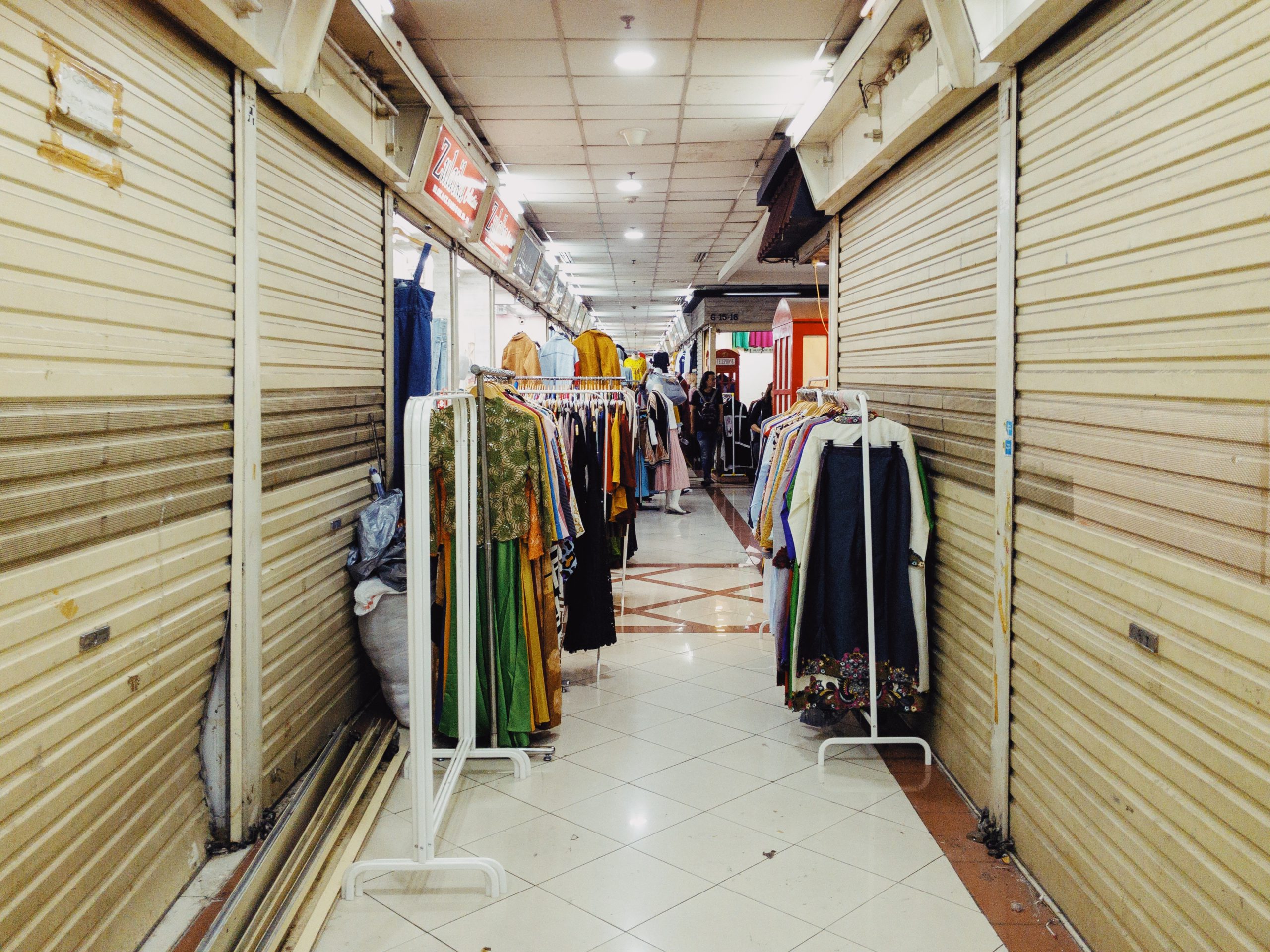ByteDance’s TikTok has reportedly agreed to invest in a unit of GoTo Group as part of a broader collaboration to launch an online shopping service in Indonesia, according to Bloomberg.
TikTok, a globally renowned short video platform, is said to have agreed to collaborate with Tokopedia, GoTo’s e-commerce marketplace, across several areas rather than compete head-to-head in the Indonesian market. Details of this collaboration could be finalized and announced as early as next week.
Notably, while both companies have reached an informal agreement, the final details of their new alliance are still “getting hammered out and could change before announcement,” the representatives were quoted as saying by Bloomberg. The tie-up remains tentative and could still fall through if it does not receive regulatory approval.
This update follows an earlier report that TikTok and GoTo had been discussing a potential investment while considering the alternative option of starting a joint venture, possibly in the form of a new e-commerce platform.
While there is no precedent for TikTok’s potential investment in Tokopedia, the short video platform has been rapidly expanding into the online shopping space across various parts of the world, including the US and Europe. However, its progress in Indonesia faced a setback after Jakarta responded to complaints from local merchants and forced it to separate payments from shopping in the country.
According to Bloomberg, collaborations like the one reportedly being pursued with Tokopedia could eventually become a replicable model for expansion into other markets, such as Malaysia, where the government has signaled a willingness to review the influence of overseas players like TikTok.
Before the preliminary agreement with GoTo, TikTok had been attempting to engage government officials and other social media companies to find a solution, according to Teten Masduki, Indonesia’s minister for small and medium enterprises. This suggests that, regardless of the outcome of the ongoing negotiations, ByteDance is likely to persist with restoring its online shopping service in Indonesia.
On November 28, Indonesian media agency Antara reported on the local government’s stance toward TikTok Shop. The report quoted Jerry Sambuaga, Indonesia’s deputy minister of trade, who said that TikTok Shop’s operations had been frozen by the local authorities as it is “an online shopping feature offered by TikTok” and therefore “violated its permit for operating merely as a social media platform.”
“TikTok is free to collaborate with any e-commerce platforms as long as it abides by applicable regulations and procedures in Indonesia,” Sambuaga said. “Earlier, TikTok did not conform to rules and did not have a permit (as an e-commerce platform). Once it has the permit, it can collaborate with anyone as long as it abides by applicable regulations and procedures,” Sambuaga added.
ByteDance is actively seeking to restart TikTok Shop’s operations in Indonesia for good reason. It is the service’s first and largest market after commencing in 2021, having found success particularly with young shoppers in Indonesia. This progress encouraged ByteDance to introduce the service to other markets, including the US.
For GoTo, Indonesia’s largest internet company, a deal with TikTok could be a risky move, as it would seemingly help a major rival operate in the country. However, it may also boost the operational efficiency of both companies in multiple areas spanning shopping, logistics, payments, and more.
The overarching concern might instead center on uncertainties about whether the Indonesian government would perceive a partnership between TikTok and Tokopedia to be anticompetitive. This apprehension stems from the robust competition laws in Indonesia. Specifically, Indonesia’s Commission for the Supervision of Business Competition (KPPU) presently enforces Law No. 5 of 1999 (Law 5/1999), designed to prohibit monopolistic practices and unfair business competition. This encompasses contracts and activities that may lead to such practices, such as mergers, amalgamations, and acquisitions, among others.
Currently, Shopee and Tokopedia are the dominant e-commerce leaders in Indonesia, sharing an approximately equal market share. Should TikTok, previously holding a smaller yet substantial share of the market, be allowed to partner with Tokopedia, it could potentially disrupt the existing equilibrium. This alliance might provide Tokopedia with advantages that challenge the competitive dynamics primarily maintained by Shopee and Tokopedia.
Indonesia is among the first countries in Southeast Asia to push back against TikTok. However, following the restrictions imposed by the Indonesian government against the platform, neighboring Malaysia has said that it is studying the possibility of regulating TikTok and its e-commerce operations, claiming that TikTok “isn’t in full compliance with Malaysian laws,” particularly in curbing the spread of “defamatory and misleading content.”
Navigating such conflicts will be pivotal for ByteDance as governments around the world are assessing how Indonesia will respond to TikTok’s rapid foray into e-commerce and its burgeoning presence in Southeast Asia. This is in light of TikTok’s commitments earlier this year to invest billions of dollars in the region over the next few years, aiming to diversify and attract more users while generating new revenue streams.
With a collective population of around 630 million people—half of them under the age of 30—Southeast Asia is arguably one of TikTok’s biggest markets in terms of user numbers. It would not want to miss out.

